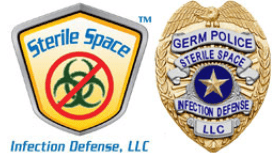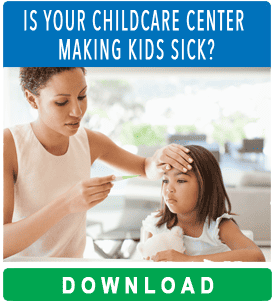Originally Published by The News Minute
Respiratory Syncytial Virus (RSV) is a respiratory virus that commonly affects individuals of all ages but is particularly notorious for its impact on infants and young children. This article aims to provide an overview of RSV – its symptoms, transmission, prevention, and treatment, with a special focus on its effects on children.
RSV typically causes mild, cold-like symptoms in adults and older children, but can lead to severe respiratory illness in infants and younger children. The virus primarily affects the lungs and respiratory tract, leading to coughing, wheezing, difficulty in breathing, fever, and in severe cases, pneumonia or bronchiolitis.
Transmission of RSV occurs through respiratory droplets when an infected person coughs or sneezes. It also spreads through direct contact with contaminated surfaces. The virus can survive on surfaces for several hours, making it highly contagious, especially in settings like daycare centers or schools where young children gather.
RSV can be particularly concerning in infants and younger children due to their smaller airways and immature immune systems. Premature infants and those with underlying health conditions, such as congenital heart disease or chronic lung disease, are at a higher risk of developing severe complications from RSV infection.
Preventing RSV infection in children involves several strategies…





